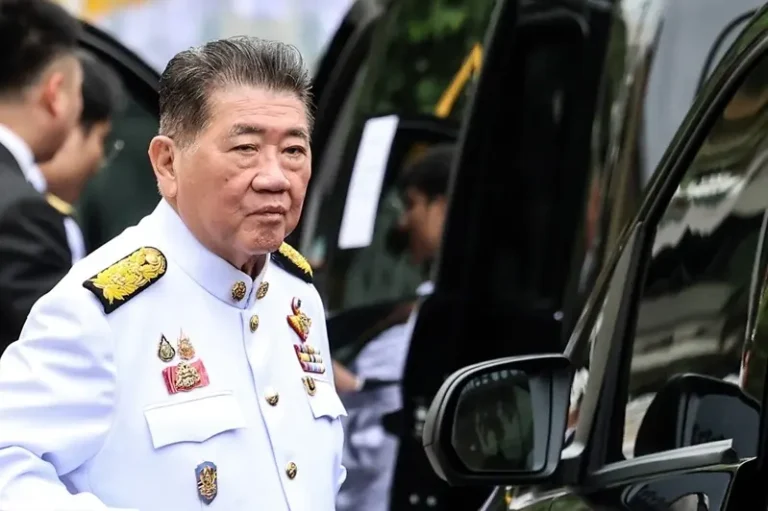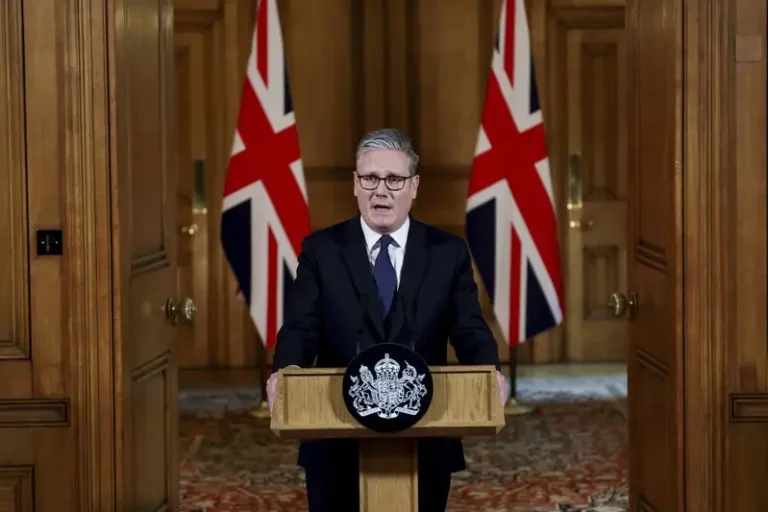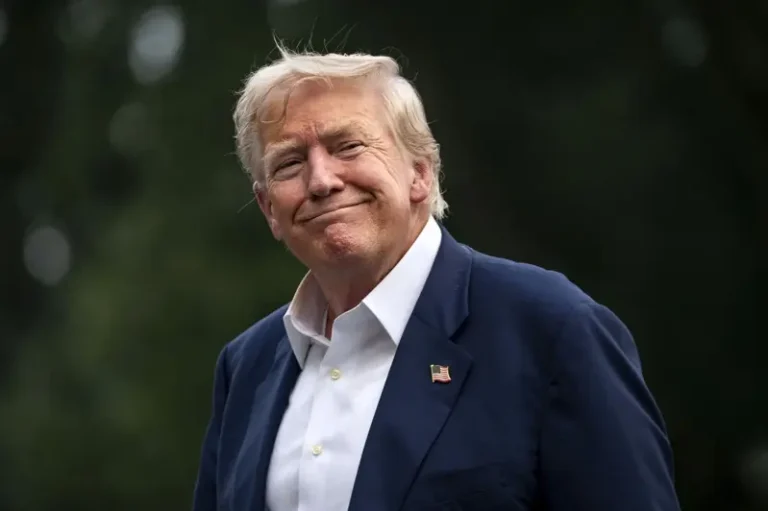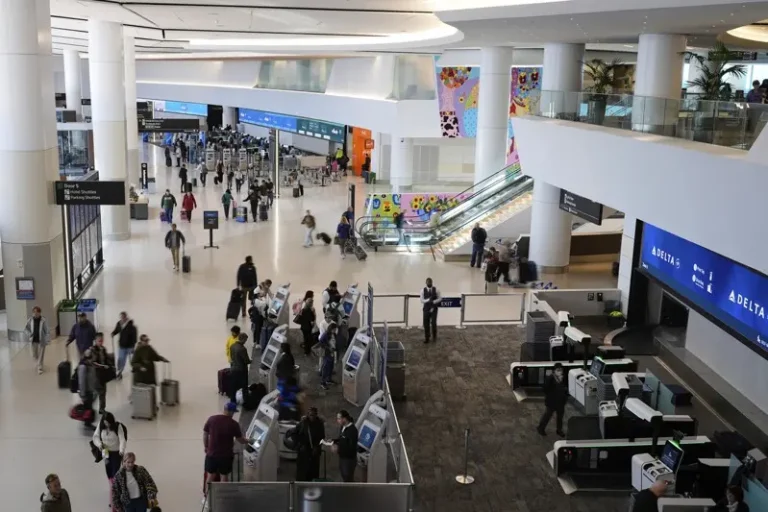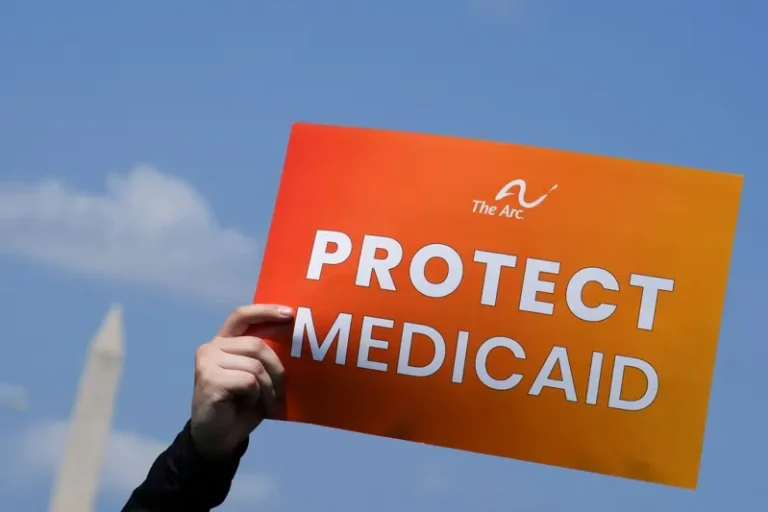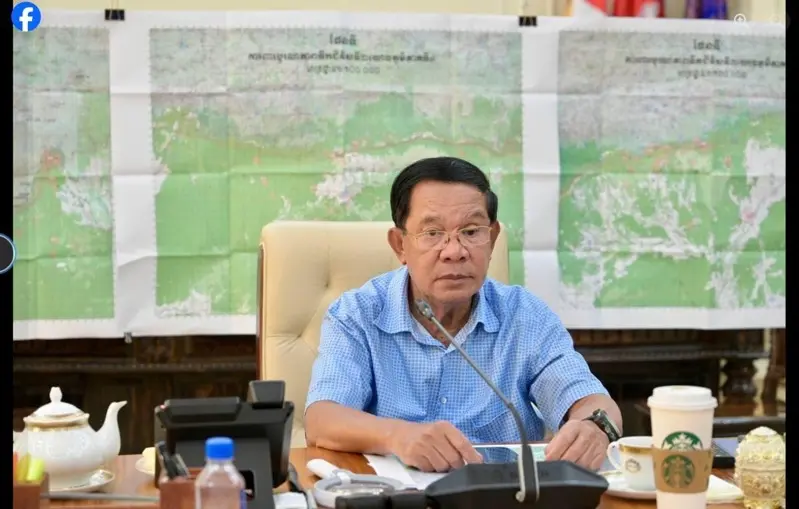
On the 24th, Thailand and Cambodia had their bloodiest military conflict since 2011 on the disputed border between the two countries. The two armies exchanged fire with light and heavy weapons such as F-16 fighter jets and multiple rocket systems. The Thai Ministry of Health claimed on the same day that 11 civilians and 1 soldier had been killed, and 24 civilians and 7 soldiers had been injured; Cambodia has not yet announced the number of casualties. CCTV reported that on July 25, local time, Thailand and Cambodia exchanged fire again in the border area.
Thailand and Cambodia share a 817-kilometer land border, with sovereignty disputes in many places, and the two sides have been arguing for more than 100 years. This wave of conflict between Thailand and Cambodia began on May 28, when the two armies exchanged fire near the border of Ubon Ratchathani Province in eastern Thailand.
On the afternoon of the 24th, Thai media quoted a post on Thailand’s Facebook military fan page, reporting that former Cambodian Prime Minister Hun Sen was suspected of leaving the country by plane, and quoted information from a flight tracking website that his private plane had flown from Phnom Penh to Seoul, South Korea. Cambodian media reported that Hun Sen quickly refuted the allegations on Facebook and other social media platforms, saying that he had been commanding the operation in the country, and angrily accused the Thai media of deliberately hyping up rumors.
Hun Sen’s post included more than a dozen photos of him attending meetings and commanding. In addition to talking on his mobile phone, he also held video conferences with other officials and generals, looked at maps with officials, and even carefully examined small maps with a magnifying glass.
On the 23rd, Thai Acting Prime Minister Puttan accused Cambodia of newly burying mines in the border area, causing a Thai soldier to be injured and lose his right leg. He ordered the downgrade of diplomatic relations with Cambodia, expelled the Cambodian ambassador, and recalled the ambassador to Cambodia. Cambodia said that the Thai military’s actions deviated from the agreed safety route and caused the disaster. In the early morning of the 24th, it decided to downgrade diplomatic relations with Thailand to the lowest level and recall diplomats stationed in Bangkok.
The Second Thai Army Region, which is stationed in northeastern Thailand, said that the latest conflict between Thailand and Cambodia occurred at 7:35 a.m. on the 24th, when Thai soldiers spotted a Cambodian drone hovering in front of the Great Tamo Temple in Phnom Tongla District, Surin Province. Soon after, six Cambodian soldiers approached the barbed wire in front of the Thai military camp with howitzers and other weapons. At 8:20 a.m., the Cambodian army opened fire on the Thai army’s Moo Pa base, about 200 meters east of the temple.
The Thai army accused the Cambodian army of deploying artillery in nearby villages and using civilians as “human shields”. Half an hour later, the temple was shelled; at 9:40 a.m., the Cambodian army launched BM-21 multiple rockets at the Don Tuan temple in Sisaket Province. 15 minutes later, the Thai army received another report that the Cambodian army opened fire on residential houses near the Border Development Center in Kachun District, Surin Province.
The Thai army deployed 6 F-16s on the Thai-Cambodian border in advance, and dispatched one on the 24th to attack two military targets in Cambodia. The commander of the military region, Bu Sin, has ordered the border to be closed and the temple sites in Surin province to be blocked.
Hun Manet, son of Cambodian Prime Minister and former Prime Minister Hun Sen, wrote on social media Facebook on the 24th that the Thai army attacked the Cambodian army positions at the Prevesi Temple and Ta Krabei Ancient Temple in Oddar Meanchey Province, Cambodia. In the post, he declared that Cambodia has always advocated peaceful resolution of disputes, but now “we have no choice but to respond with force.”
Hun Manet also sent a letter to Pakistani UN Security Council President Ahmad on the 24th, accusing the Thai army of launching an unprovoked provocative and deliberate attack on the Cambodian army positions on the Thai-Cambodian border, which is a clear violation of international law.
The Chinese Ministry of Foreign Affairs said that it has and will continue to mediate and promote talks on the Thai-Cambodian dispute, and called on Chinese citizens not to go to the border between the two countries.

